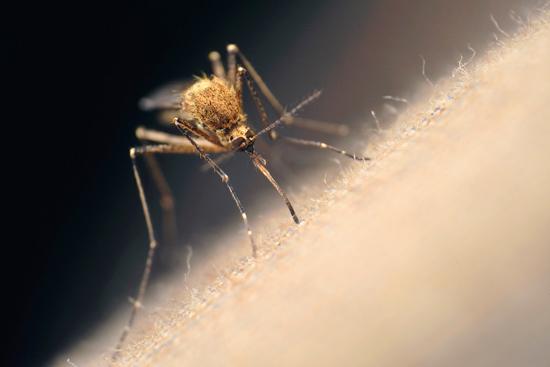The following was written by Meredith Li-Vollmer for Public Health Insider:
A second person has tested positive for Zika infection in King County.
The illness was identified in a female in her teens who had recently been in Haiti, a country that has Zika virus spreading actively and is on the list of Centers for Disease Control and Prevention’s (CDC) travel advisories. The person was not pregnant at the time of her Zika testing in early May and she is no longer ill from Zika. Zika virus leaves the blood of an infected person, usually within a week.
This is the fifth case of Zika found in Washington state. All five cases were found in people who became infected while in countries with current Zika outbreaks. With ongoing widespread outbreaks in the Americas and the Caribbean including Puerto Rico, the number of Zika cases among travelers visiting or returning to King County and elsewhere in the mainland United States will likely increase.
This Zika case does not pose a risk to the public in Washington state. Zika virus is primarily spread through the bite of infected Aedes aegypti and Aedes albopictus mosquitoes, or less commonly, through sexual contact with a recently infected man. The types of mosquitoes that transmit Zika are not found in the Pacific Northwest so local health officials do not expect Zika virus to spread.
Zika virus symptoms, risks and transmission
Symptoms of Zika are generally mild and include fever, rash, joint pain and redness of the eyes. Symptoms typically begin two to seven days after being bitten by an infected mosquito. Many people who get Zika have no symptoms at all. There is no vaccine to prevent infection or medicine to treat Zika.
Zika infection is a very serious concern for pregnant women because of its link with a birth defect in newborns called microcephaly, an abnormally small brain and skull, and other poor pregnancy outcomes. Zika is also linked to Guillan-Barré Syndrome, a problem marked by muscle weakness and sometimes paralysis.
Sexual transmission of Zika
The CDC has determined that Zika can also be spread by an infected man to his sexual partners, even when he does not have symptoms or know that he is infected. It’s important for men who have traveled to an area with Zika to follow CDC’s guidance to prevent sexual transmission of Zika, even if they don’t feel sick.
Couples with men who live in or travel to areas with Zika can prevent the spread of Zika by using condoms every time they have sex, or by not having sex. To be effective, condoms must be used consistently and correctly. CDC has more information about preventing sexual transmission of Zika:http://www.cdc.gov/zika/transmission/sexual-transmission.html
Zika virus prevention for pregnant women and women who may become pregnant
“Zika is a serious risk for pregnant women who travel to areas where outbreaks are occurring and who have sex partners who have traveled to these areas,” said Dr. Jeff Duchin, Health Officer for Public Health – Seattle & King County. “Women who are pregnant should avoid travel to Zika-affected areas if possible and both women and men who do travel to areas where the Zika virus is spreading should take precautions to prevent infection from this virus.”
- Pregnant women in any trimester should consider postponing travel to the areas where Zika virus is spreading. Pregnant women, or those trying to become pregnant, who do travel to one of these areas should talk to their doctor or other healthcare provider first and strictly follow steps to prevent mosquito bites during the trip.
- Pregnant women who have recently traveled to an area with Zika should talk to a doctor or other healthcare provider about their travel even if they don’t feel sick.
- Men who have traveled to Zika-affected areas should take precautions when having sex with pregnant women or women who may become pregnant.
Healthcare providers should ask about travel and all Zika symptoms
Healthcare providers should take a recent travel history on all patients. If a patient or her sexual partner has traveled to a Zika-affected area or otherwise is at risk for Zika, healthcare providers should inquire about all Zika symptoms. Full guidance is available from Public Health – Seattle & King County .
Zika response in King County
Communicable disease experts at Public Health – Seattle & King County have been working with local health care providers to identify and evaluate potential Zika infections. To date, over 215 patients in King County have had blood samples sent to the CDC for Zika testing. Public Health – Seattle & King County will continue to provide the foundational public health work of communicable disease response:
- tracking and monitoring for any additional cases;
- updating the public and healthcare providers with the latest information; and
- coordinating with the clinical healthcare system.
For more information, visit kingcounty.gov/zika


